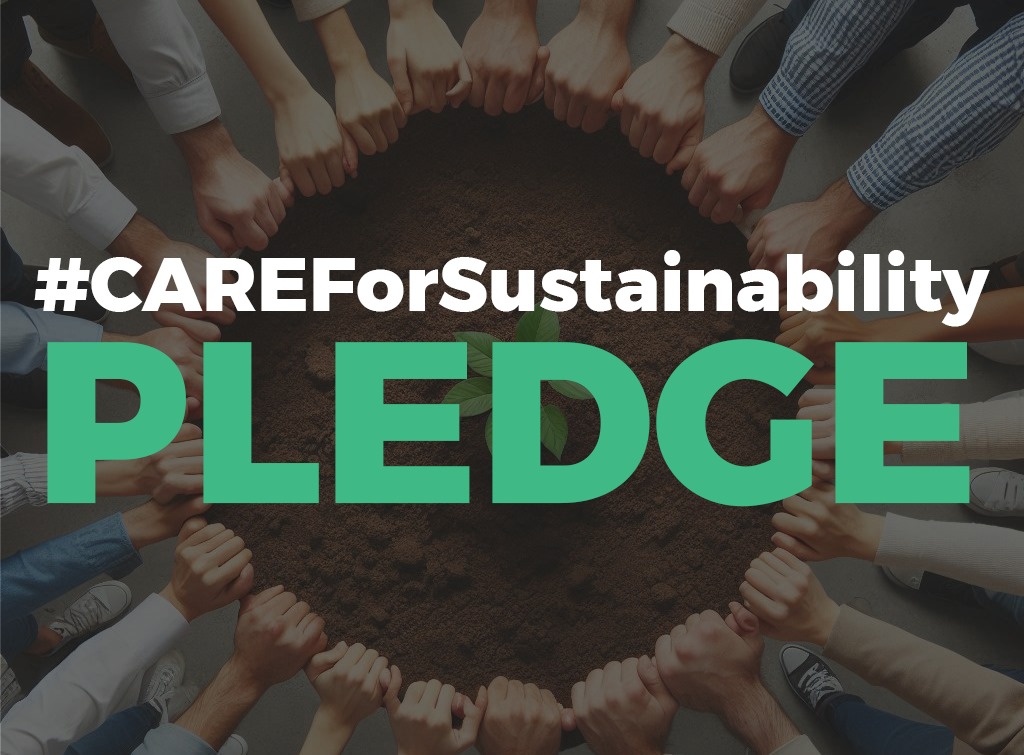Former UAE President H.H. (the late) Sheikh Zayed bin Sultan Al Nahyan once said, “we must not rely on oil alone as the main source of our national income. We have to diversify the sources of our revenue and construct economic projects that will ensure a free, stable and dignified life for the people.”
As the world is adapting to the evolving climate outlook, the UAE is emerging as a global leader driving the region towards a greener and cleaner future. Sharing the global commitment to mitigate climate change and its challenges, the country is diversifying its energy resources by adopting sustainable practices, renewable energy systems and green energy sources that are pushing the climate mitigation efforts in the region.
Under the leadership of His Highness Sheikh Mohamed bin Zayed Al Nahyan, President of the UAE, and His Highness Sheikh Mohammed bin Rashid Al Maktoum, Vice-President and Prime Minister of the UAE and the Ruler of Dubai, the UAE’s holistic approach encompassing renewable energy systems and sustainable mobility is cultivating a future where economic prosperity and environmentally sustainable are linked.
The Energy Shift
The MENA region is a significant contributor to the global energy market and has been seen as an oil-driven economic region. However, in recent years we have seen a shift in the perception towards harnessing renewable energy sources and green energy solutions. The UAE’s recent initiatives are pivoting a fossil-fuel-dependent model to one focused on an environmentally sustainable model.
Through the implementation of the UAE Energy Strategy 2050, which aims to achieve 50 per cent of its energy mix from clean energy sources while reducing its carbon footprint by 70 per cent, and the Dubai Clean Energy Strategy, aiming to meet 75 per cent of Dubai’s energy demands through energy sources by 2050, the UAE is setting ambitious goals for its carbon neutral future.
Echoing the sentiment shared by the Former UAE President H.H. (the late) Sheikh Zayed bin Sultan Al Nahyan toward sustainable development, the UAE has invested heavily in major renewable energy projects such as the Mohammed bin Rashid Al Maktoum Solar Park and Noor Abu Dhabi underscores the country’s commitment towards harnessing solar energy to meet its energy demand.
While challenges remain ranging from technological barriers to consumer behavior change, the UAE is taking significant strides in shaping a carbon-neutral economy.
The Move towards Sustainable Mobility
One critical sector apart from renewable energy that is taking a central role in its target to achieve a net-zero carbon emission future is sustainable mobility. Leveraging its robust infrastructure and innovation ecosystem, the UAE is becoming a central player in the sustainable mobility market.
Through initiatives like Dubai’s Autonomous Transportation Strategy that aims to transform 25 per cent of the city’s transportation by 2030. Integrating autonomous vehicles into its transportation system enhances not only efficiency and sustainability but also ensures greater accessibility and safety. This strategy is expected to generate AED 22 billion in annual revenues by reducing transportation costs and decreasing carbon emissions.
Another ambitious initiative led by the Dubai Electricity and Water Authority (DEWA) is the Green Charger Initiative which has been key in shifting the consumer perception regarding electric vehicles (EVs). With plans already underway to expand the network of EV charging facilities, the initiative has been instrumental in increasing the number of registered EV owners from 14 in 2015 to over 13,000 by the end of 2023.
Driven by an ambitious target to cut carbon emissions by 10 million tonnes by 2050, these initiatives and strategies ensure that the country is equipped to support a growing fleet of EVs.
Conclusion
In the MENA region’s journey towards a sustainable economic future, the UAE has taken a first-mover advantage with its strategic vision and initiatives like the UAE Net-Zero by 2050, UAE Green Agenda 2015-2030 and National Climate Change Plan of the UAE 2017-2050 among many others. This is a positive sign for the world to take note that a major oil-producing region is diversifying towards a more ecologically sustainable economy and implementing.
The country’s effort in keeping renewable energy and sustainable mobility at the core of its economy is not only setting an example for the MENA region but is creating a path for an integrated approach toward environmental sustainability. To further deliberate about how these initiatives are pushing the country to generate economic and environmental benefits and transitioning it to a green economy, the Future Sustainability Forum plays a critical role.
Hosted by DIFC, this outcome-driven forum brings together global industry leaders and policymakers at Madinat Jumeirah in Dubai on 4-5 December 2024. The forum will provide them with a unique perspective while setting the standard for action-oriented sustainability dialogues.
➡ Book Tickets:https://lnkd.in/eGyQJG3h
➡ Visit Website:https://lnkd.in/g3MvdVevBe
Be a part of the conversation that shapes a more sustainable future! 🌎
